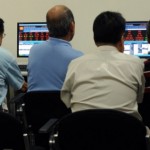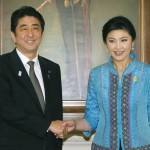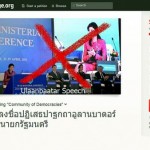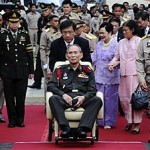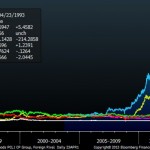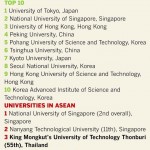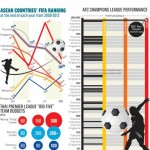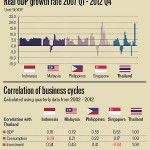The rise and fall of Thai soccer
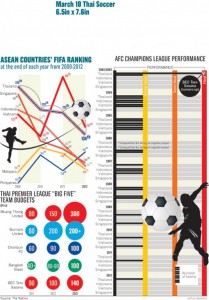
Our domestic league has never been more successful – so why is our national team doing so badly?
With the national football team still unable to make the top 100 in the world, there appears to be a big question mark hanging over the rapid growth that the Thai Premier League has enjoyed in recent years.
A strong domestic league is a foundation for a successful national team, according to one of the sport’s oldest cliches. However, that doesn’t apply to the Thai case. While the TPL, the country’s top-flight division, has continued to grow by leaps and bounds, the national team is languishing in 135th with no hope of breaking into the top 100.
A quick glance at the Fifa rankings shows that Thailand have been slipping down the chart since 2009 when the TPL underwent a major overhaul that sparked an upsurge in its popularity among local fans.
Figures for the Thai team’s success on the international stage over the same period make for even more unpleasant reading since the boom in domestic football coincides with the national side’s long title drought.
For a country once regarded as the region’s top dog, Thailand have failed to claim a title since the revamping of the TPL, though they came close to ending the drought in December when they fell at the last hurdle in the Asean Championship, going down 2-3 on aggregate against Singapore in the final.
Gone are the days when that trophy was clinched almost on a regular basis by the Thais, whose last taste of regional glory was in 2007 when they won the SEA Games for the eighth time running. It came as no surprise that they lost their status as the region’s No 1, with Vietnam sitting six ranks above them at 129th.
Despite the massive growth the TPL has enjoyed of late, Thai clubs have fared little better than other teams from Asean countries in the continent’s elite club competition, the AFC Champions League. The fact that no Thai side has survived beyond the group stage since BEC Tero Sasana reached the final in 2003 makes a mockery of Thai football authorities’ claims that the TPL is among the top five on the continent.
Many probably wonder why the TPL’s growth has failed to yield the outcome seen in traditional powerhouses Japan and South Korea, whose club sides have won six of the last seven Asian Champions League titles since 2006.
A close look at the TPL exposes the brutal fact that, while the league has grown – especially in financial value thanks to cash flowing in – still lacking is proper management, which is the fundamental problem when it comes to league development.
Appointed as head of the TPL company to organise the league in 2009 when the Thai FA implemented professional standards for domestic football along with the AFC’s “Vision Asia” strategy, Vichit Yamboonrueng reckons institutional problems remain a major issue.
“There’s no doubt our league is now No 1 in Southeast Asia even though we still have far fewer spectators than Indonesia. Overall, the TPL’s image is good despite some complaints about refereeing standards.
“We have started improving, which has made our league more interesting. But we still trail far behind Japan’s J-League. We’re on the right track but we still have problems in management. There’s no way we can develop if we manage things poorly.
“We need to create more good things than bad. Ideally, we all want to see only the good things. If we don’t start correcting the problems we’ll never solve them. But we’re now unable to tackle problems due to a lack of resources, most of which belong to the Thai FA.
“What the association needs to do is open up more competition, internally. The problem is the institution is weak and that’s why we cannot progress. Power is monopolised by a single group of people and there is vested interest inside the association,” Vichit told The Nation.
Newin Chidchob, president of Buriram United, believes the league would improve if there were an overhaul of management not only of the Football Association of Thailand but also in the TPL company.
“While players and football clubs have improved, management of the two organisations remains unprofessional and there is no transparency. All decisions [to manage the league] should come from club members, not from the FAT or a few people.
“Thai football does not progress as it could because there are two kinds of people in the sport. One that only wants to take credit but do nothing and another that wants to seek benefits but does nothing to develop football,” he said.
Pinit Ngarmpring, president of fan group Cheer Thai Power, agreed good governance was the most important thing for league management. There’s a need to restructure the TPL company to make it more transparent by welcoming outsiders to take part in management.
“Many people want to invest Bt1 billion-Bt2 billion in the TPL but are not confident that their money will be safe. They think they are not part of the inner circle. Decisions often depend on only one person,” Pinit said, without mentioning a name.
From: http://www.nationmultimedia.com/sports/The-rise-and-fall-of-Thai-soccer-30203651.html













